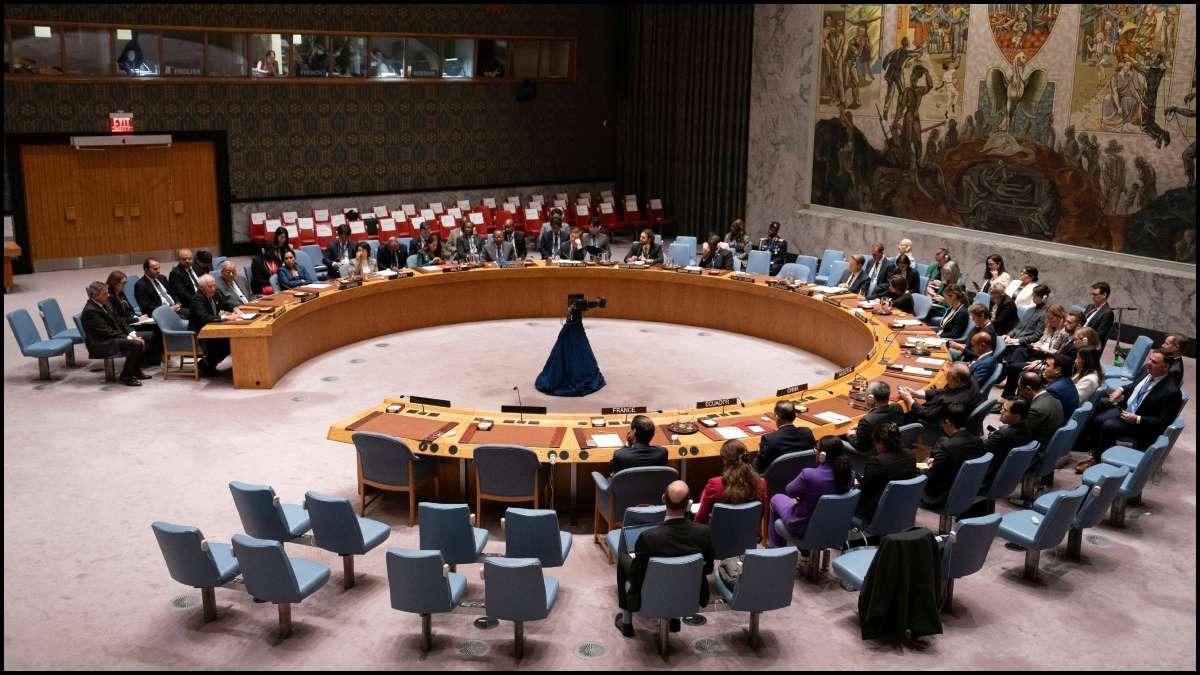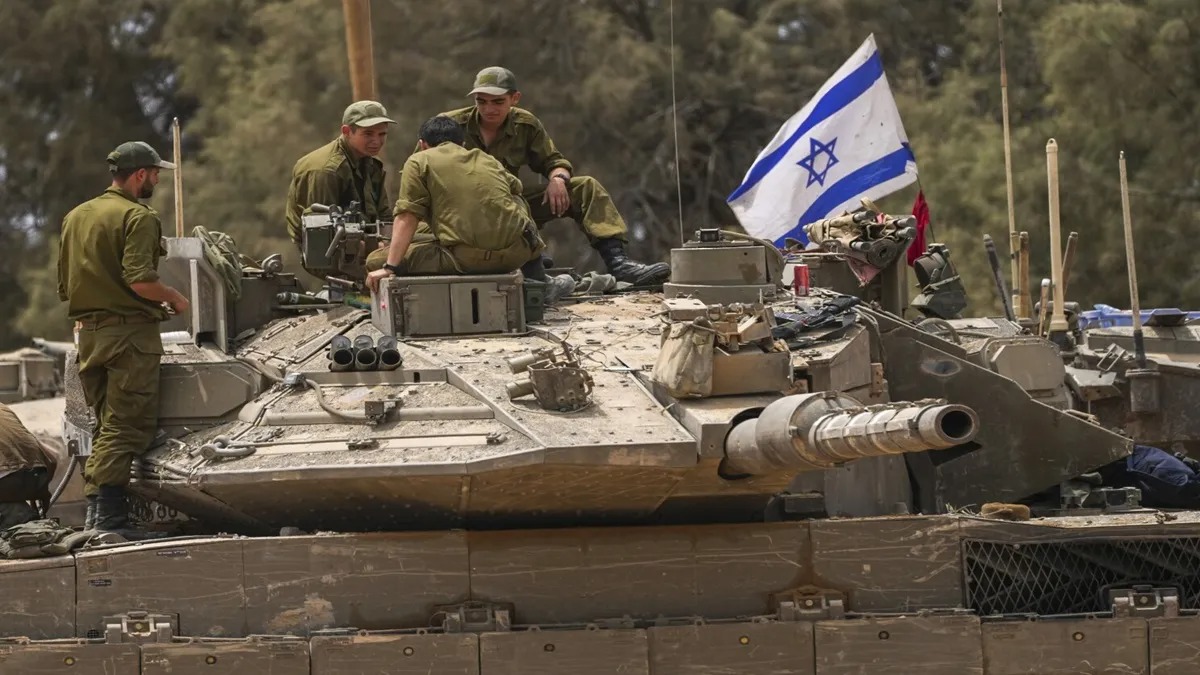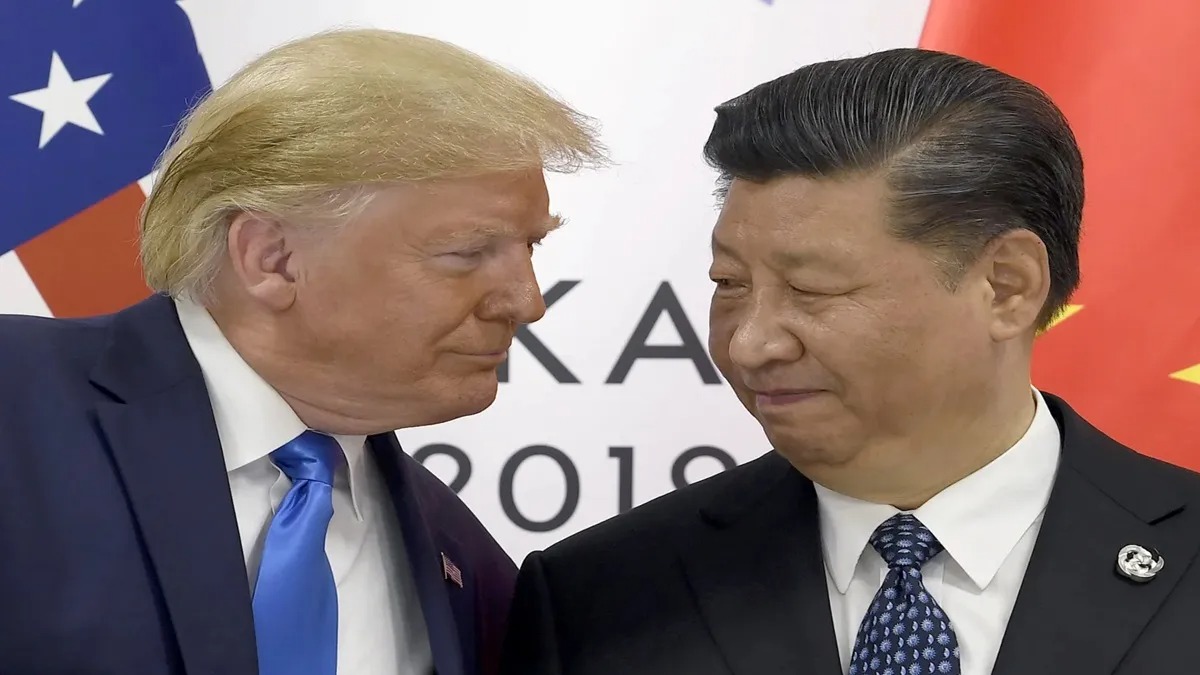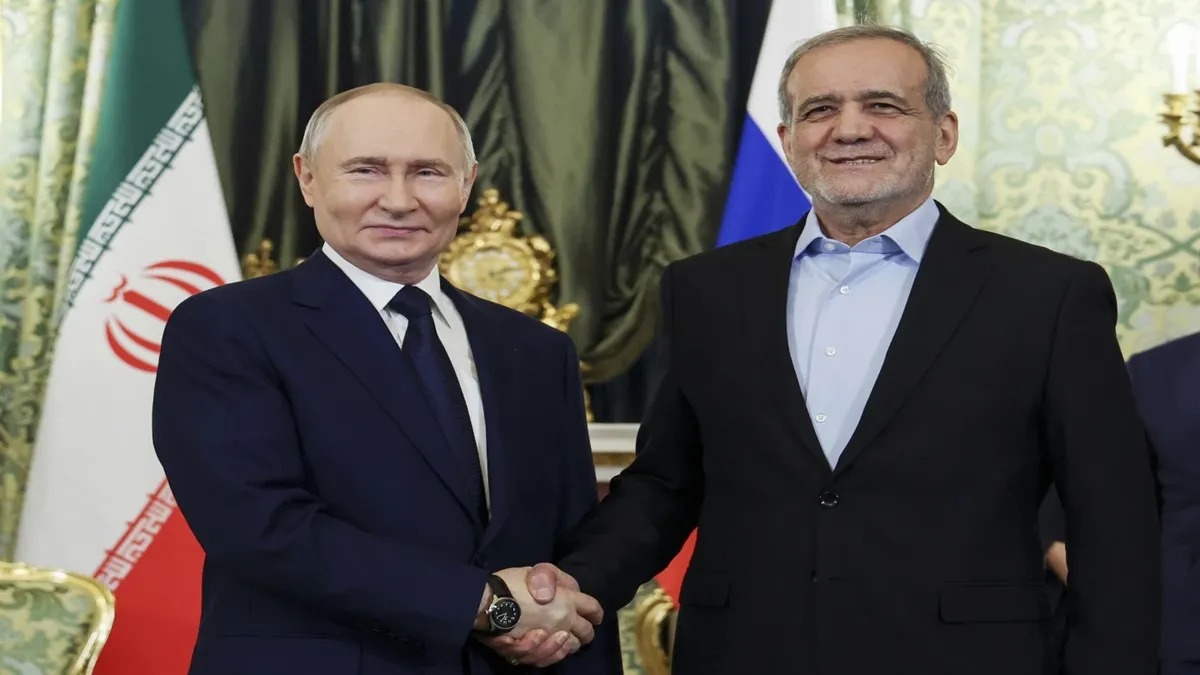
International: The United States and France said they are working on a proposal for a 21-day ceasefire in the escalating Lebanon conflict between Israel and Iran-backed Hezbollah that has killed more than 600 people in recent days. French Foreign Minister Jean-Noel Barrot told the UN that progress had been made in the last few days to clinch a ceasefire.
After heavy bombardment by Israel earlier this week that killed more than 500 people, more Israeli airstrikes on Wednesday left 72 dead and its military chief hinted at a possible ground offensive. Meanwhile, Britain has begun moving troops to Cyprus, joining two Royal Navy ships already there, to be in a position to help evacuate nationals trapped in Lebanon.
"We have made important progress in the last few hours and we will continue our efforts in the coming hours," Jean-Noel Barrot told reporters outside a meeting of the UN Security Council. "We are counting on both parties to accept it without delay, in order to protect civilian populations and allow for diplomatic negotiations to begin," he told the 15-member Security Council earlier.
"The situation between Lebanon and Israel since October 8th, 2023 is intolerable and presents an unacceptable risk of a broader regional escalation. This is in nobody’s interest, neither of the people of Israel nor of the people of Lebanon. It is time to conclude a diplomatic settlement that enables civilians on both sides of the border to return to their homes in safety," said the US, Australia, France, Canada and other countries in a joint statement.
'All-out war' between Israel, Hezbollah possible: Biden
Deputy US Ambassador to the UN Robert Wood said Washington was working with other countries to avert an escalation of hostilities, enable displaced people in Lebanon and Israel to return home and allow for discussions on a broader diplomatic solution. This came after US President Joe Biden said “all-out war” is still possible as fighting between Israel and Hezbollah escalates, but he's hopeful an off-ramp can be found to prevent further bloodshed.
US Secretary of State Antony Blinken said the Biden administration was "intensely engaged with a number of partners to de-escalate tensions in Lebanon and to work to get a ceasefire agreement that would have so many benefits for all concerned.” Blinken and other advisers have spent the past three days at and on the sidelines of the annual UN General Assembly meeting of world leaders in New York lobbying other countries to support the plan, according to US officials.
Meanwhile, Israel's UN Ambassador Danny Danon asserted that Israel would welcome a ceasefire and preferred a diplomatic solution. He told the Security Council that Iran was the nexus of violence in the region and that peace required dismantling the threat. Iran's Foreign Minister Abbas Araqchi told reporters before the council meeting that his country supported Hezbollah and would not remain indifferent if the conflict in Lebanon spiralled.
Biden, Harris under pressure
Lebanese Prime Minister Najib Mikati called on the Security Council to put pressure on Israel for "an immediate ceasefire on all fronts." World leaders voiced concern the conflict - running in parallel to Israel's war in Gaza against Palestinian Hamas militants also backed by Iran - was escalating rapidly as the death toll rose in Lebanon and thousands fled their homes.
Notably, the Biden administration has received a lot of criticism for its perceived failure to secure a ceasefire in Gaza. The conflict has been costly politically for Biden and by extension, Vice President Kamala Harris' presidential campaign with the violence in Lebanon increasing pressure on his administration to find a diplomatic solution.
Biden's national security adviser Jake Sullivan and senior advisers Brett McGurk and Amos Hochstein have been meeting with Middle East allies in New York and have been in touch with Israeli officials about the proposal, one of the US officials told the Associated Press. An Israeli official said Netanyahu has given the green light to pursue a possible deal, but only if it includes the return of Israeli civilians to their homes.
Israel hints at ground offensive as conflict escalates
Israel's military chief told troops on Wednesday that air strikes in Lebanon would continue in order to destroy Hezbollah's infrastructure and to prepare the way for a possible ground operation by Israeli forces. This came after Israel shot down a missile that Hezbollah said it had aimed at the headquarters of the Mossad intelligence agency near Israel's biggest city, Tel Aviv, which was the militant group's deepest strike yet.
"You hear the jets overhead; we have been striking all day," General Herzi Halevi told Israeli troops on the border with Lebanon, according to a statement from the military. "This is both to prepare the ground for your possible entry and to continue degrading Hezbollah." At least 90,530 newly displaced people have been reported in Lebanon, including nearly 40,000 in 283 shelters, the International Organisation for Migration said on Wednesday.
Tensions between Israel and the Lebanese militant group have steadily escalated over the last 11 months. Hezbollah has been firing rockets, missiles and drones into northern Israel in solidarity with Palestinians in Gaza and its ally Hamas, a fellow Iran-backed militant group. Israel has said it prefers a diplomatic solution that would move Hezbollah away from the Israel-Lebanon border. Hezbollah says that it also wants to avoid all-out conflict and that only an end to the war in Gaza will stop the fighting.
--Advertisement--

 Desk
Desk Share
Share






